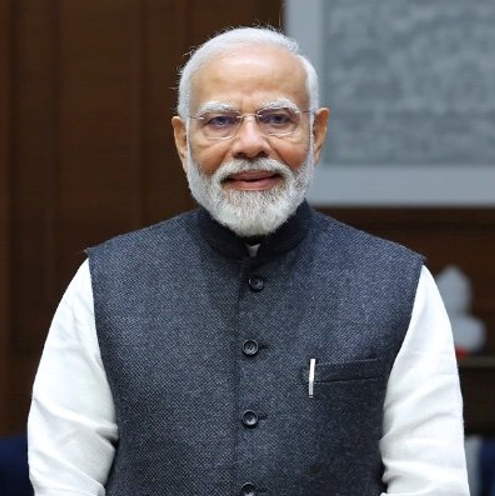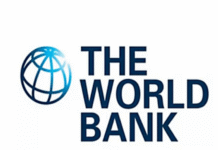New Delhi– Prime Minister Narendra Modi on Thursday emphasized the need for India’s steel sector to aim for “zero imports” and focus on becoming a net exporter as the country works toward producing 500 million tons of steel by 2047 and exporting 25 million tons.
Speaking via video at the India Steel 2025 event in Mumbai, Modi urged the industry to adopt new technologies, processes, and scales to make the sector future-ready. “India is now the second-largest steel producer in the world, and we aim to reach 300 million tons of production by 2030 under the National Steel Policy,” he said.
Highlighting the steel sector’s job creation potential, Modi called on private and public sectors to collaborate on manufacturing, R&D, and technology upgrades to drive growth and employment.
He pointed to India’s $1.3 trillion National Infrastructure Pipeline, which supports massive projects like smart cities, highways, railways, airports, ports, and pipelines—all creating new opportunities for the steel industry. Welfare programs, including PM Awas Yojana and the Jal Jeevan Mission, also contribute to increased steel demand.
Modi reiterated the government’s policy of using only domestically produced steel in public projects, noting that government-led infrastructure accounts for the largest share of steel consumption. “Steel drives growth across multiple sectors such as manufacturing, construction, machinery, and automotive, making Indian industries globally competitive,” he said.
Referencing India’s past reliance on imported high-grade steel, Modi expressed pride that Indian-made steel is now used in critical sectors, including defense and space. He highlighted its role in India’s first indigenous aircraft carrier and the Chandrayaan lunar mission, showcasing the nation’s growing self-reliance.
The Prime Minister credited the Production Linked Incentive (PLI) scheme for supporting high-grade steel production and boosting the sector. He added that shipbuilding has been classified as infrastructure in the latest budget, opening new opportunities for domestic steel in large-scale projects.
Modi also addressed challenges facing the industry, including dependence on imports for key raw materials like nickel, coking coal, and manganese. He stressed the need to strengthen global partnerships, secure supply chains, and adopt energy-efficient, low-emission technologies.
“The future of steel lies in AI, automation, recycling, and by-product utilization,” Modi said, while highlighting recent mining reforms that have improved iron ore availability.
He concluded by asserting India’s ambitions to become a global leader in steel production, urging the sector to maintain world-class standards, reduce costs, and develop multi-modal transport networks to position India as a Global Steel Hub. (Source: IANS)







